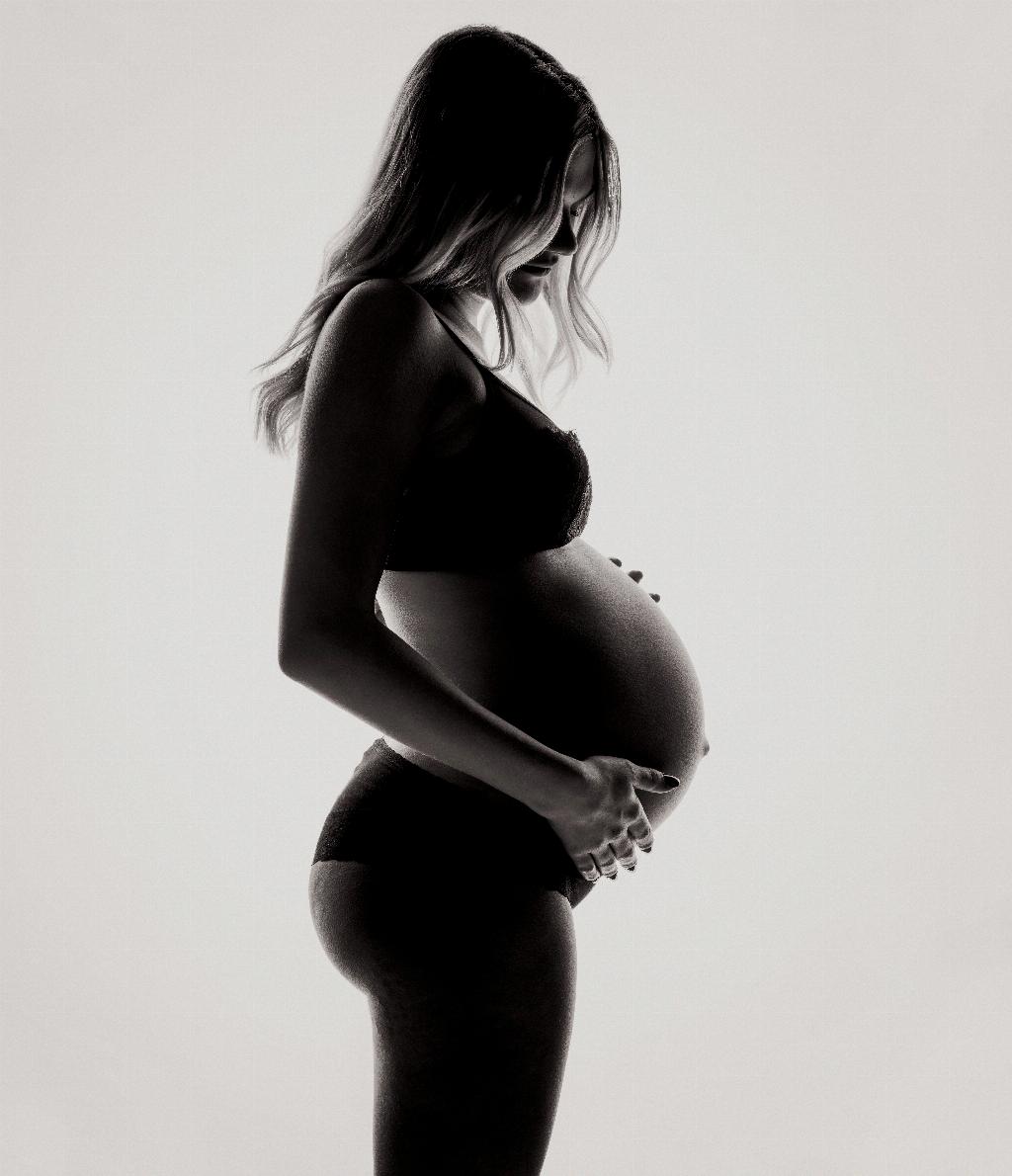When it comes to taking a pregnancy test, the timing can significantly impact the results you get. One common question that many individuals ask is, “Will a pregnancy test be positive at 10 DPO?” To delve into this question effectively, it’s crucial to understand how pregnancy tests work and when it’s best to take them for accurate results.
How Pregnancy Tests Work:
Pregnancy tests detect the presence of human chorionic gonadotropin (hCG) hormone in urine or blood. This hormone is produced by the cells that will eventually form the placenta once a fertilized egg attaches to the uterine lining. The levels of hCG increase rapidly in early pregnancy, making it a reliable marker for detecting pregnancy.
The Concept of DPO:
DPO stands for “days past ovulation.” It refers to the number of days that have elapsed since ovulation took place. Ovulation typically occurs around the middle of your menstrual cycle. By tracking your cycle and identifying when ovulation occurs, you can estimate your DPO.
Why Waiting Until 14 DPO is Recommended:
Most healthcare providers recommend waiting until at least 14 DPO before taking a pregnancy test. This waiting period allows for sufficient time for hCG levels to rise to a detectable level. Testing before this timeframe may result in a false negative, even if pregnancy has occurred.
Potential Factors Affecting Early Testing:
At 10 DPO, some individuals may experience early pregnancy symptoms, leading them to test for pregnancy sooner. However, hCG levels vary among individuals, and some may have lower levels early on. Factors such as implantation timing and the sensitivity of the pregnancy test can also influence the results.
Understanding False Negatives and Positives:
False negatives can occur when a test is taken too early, and hCG levels are not yet detectable. On the other hand, false positives are rare but can sometimes happen due to issues like chemical pregnancies or evaporation lines on the test. It’s essential to follow the test instructions carefully to minimize errors.
Managing Expectations and Emotions:
The process of waiting for a pregnancy test result can be emotionally challenging for many individuals. It’s natural to feel anxious, excited, or even apprehensive about the outcome. Remember that each person’s body and pregnancy journey are unique, and results may vary.
Seeking Professional Guidance:
If you’re unsure about when to take a pregnancy test or have concerns about the results, consider consulting with a healthcare provider. They can offer personalized advice based on your specific situation and provide guidance on the next steps to take.
Stress and Its Impact on Fertility:
Stress can play a significant role in fertility issues for some individuals. While waiting for a pregnancy test result, it’s essential to practice self-care, relaxation techniques, and seek support from loved ones. Managing stress levels can positively impact your overall well-being.
Considering Alternative Methods:
If you’re eager to confirm a pregnancy early on, consider scheduling a blood test with your healthcare provider. Blood tests can detect hCG levels sooner than urine tests and provide a more accurate assessment of pregnancy. Discuss your options with your provider for personalized care.
Final Thoughts on 10 DPO Testing:
In conclusion, while some individuals may opt to take a pregnancy test at 10 DPO due to early symptoms or curiosity, waiting until at least 14 DPO is generally recommended for accurate results. Understanding the factors that influence test outcomes and managing expectations can help navigate the emotional journey of trying to conceive.
Consulting a Healthcare Provider:
If you have further questions or concerns about pregnancy testing, consider reaching out to a healthcare professional for guidance. They can offer tailored advice and support as you navigate the process of family planning and pregnancy detection.

